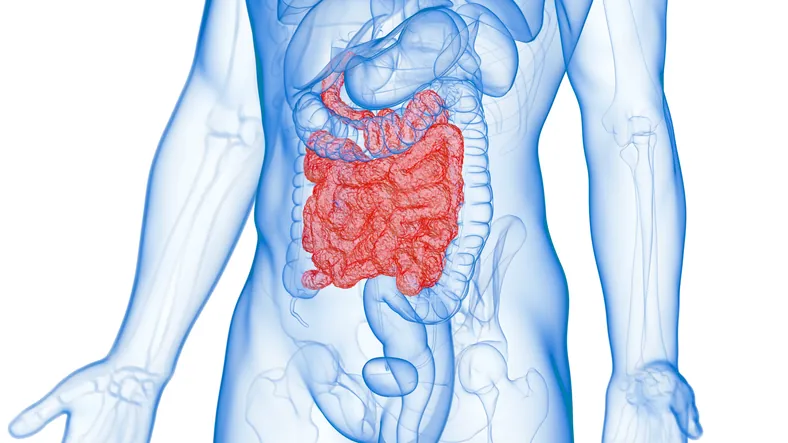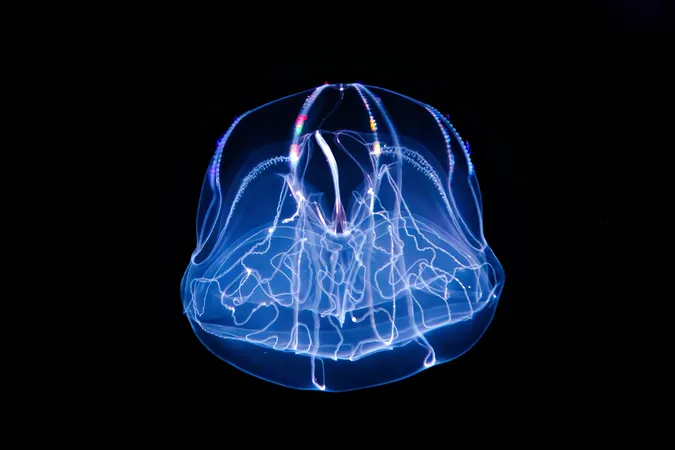
Groundbreaking Discovery: Scientists Uncover Two Unique Molecular Types of Crohn's Disease!
2024-09-27
Author: Daniel
Groundbreaking Discovery: Scientists Uncover Two Unique Molecular Types of Crohn's Disease!
In a major breakthrough, a team of researchers from the University of California, San Diego (UCSD) has unveiled that Crohn's disease, a debilitating gastrointestinal condition affecting over 500,000 Americans, is not uniform as previously thought; instead, it comprises two distinct molecular subtypes. This significant discovery, featured in the journal Cell Reports Medicine, paves the way for improved diagnostics and personalized treatment strategies tailored to these specific subtypes.
Crohn's disease often strikes younger individuals and leads to a myriad of painful symptoms, making effective treatment crucial. Currently, treatments are limited and vary in effectiveness among patients, primarily because medical strategies are based on a one-size-fits-all approach without considering the underlying molecular differences.
In this groundbreaking study, researchers analyzed gut tissue samples from 53 patients during routine colonoscopies at UC San Diego Health's Inflammatory Bowel Disease Center. By creating a biobank of organoids—tiny, lab-grown structures derived from adult stem cells in gut tissue—they were able to replicate disease characteristics more accurately than using stem cells reprogrammed from blood or skin.
Dr. Pradipta Ghosh, a senior author of the study, explains, "While pluripotent stem cells retain the genetic traits of patients, they fail to mimic the inflamed gut environment. In contrast, adult stem cells hold an epigenetic memory of the gut, incorporating factors like bacterial presence, inflammation, and oxygen levels."
The researchers identified two distinct molecular subtypes within the Crohn's disease spectrum:


 Brasil (PT)
Brasil (PT)
 Canada (EN)
Canada (EN)
 Chile (ES)
Chile (ES)
 España (ES)
España (ES)
 France (FR)
France (FR)
 Hong Kong (EN)
Hong Kong (EN)
 Italia (IT)
Italia (IT)
 日本 (JA)
日本 (JA)
 Magyarország (HU)
Magyarország (HU)
 Norge (NO)
Norge (NO)
 Polska (PL)
Polska (PL)
 Schweiz (DE)
Schweiz (DE)
 Singapore (EN)
Singapore (EN)
 Sverige (SV)
Sverige (SV)
 Suomi (FI)
Suomi (FI)
 Türkiye (TR)
Türkiye (TR)